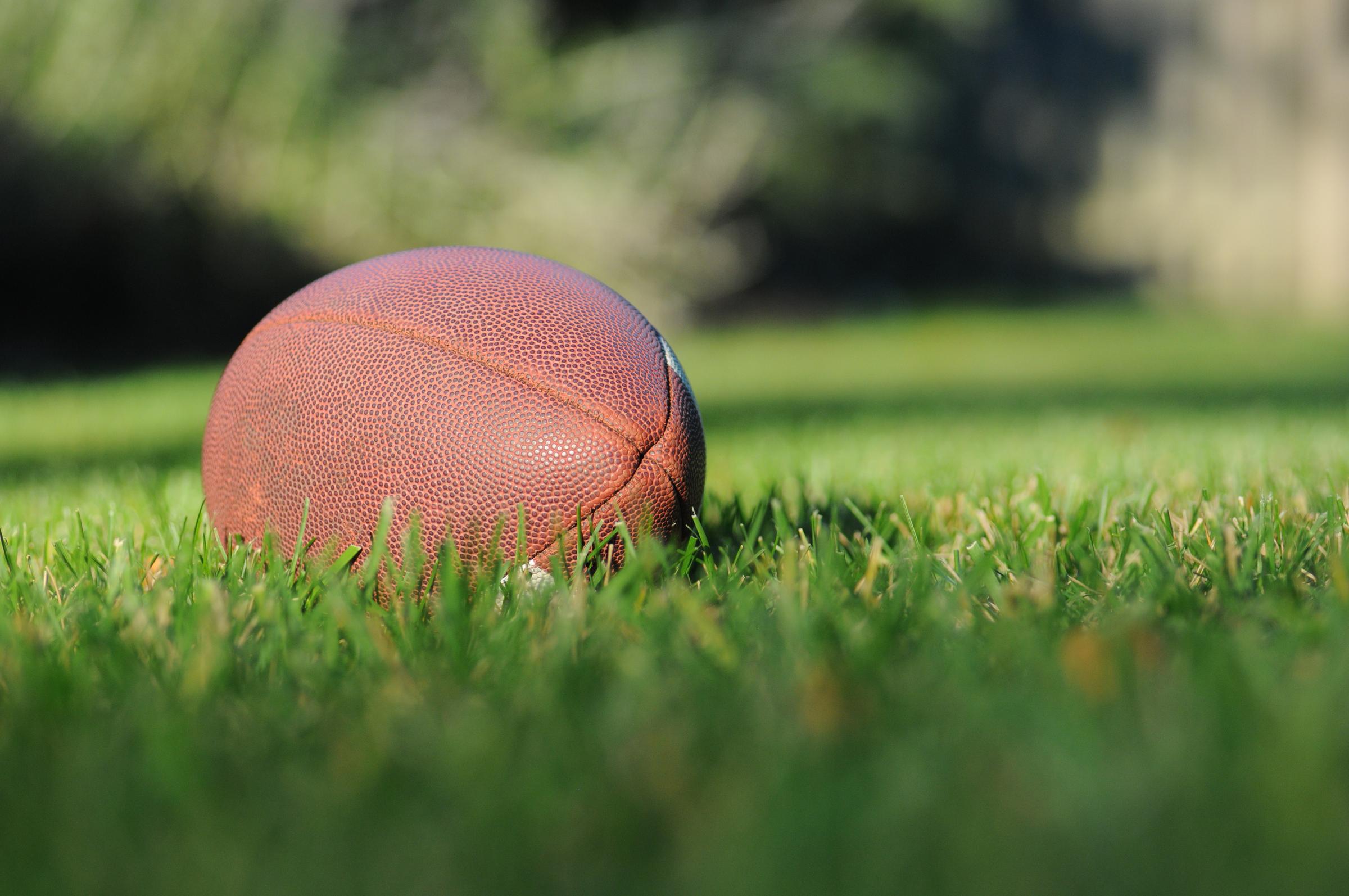Health News

Concussion
Does my child have Concussion?
Students frequently present to the Health Centre after head knocks and bumps. Often, this is as the result of a collision with another student playing sport at school, In contrast, it can also be from something much less innocuous, like a minor bump to their head on their locker.
Most head injuries are not serious, but you should get medical help promptly if your child has any symptoms after a head injury; they might have concussion.
Concussion is a brain injury resulting from a hit to the head, or anywhere on the body, where the force is transmitted to the head. Recognizing concussion can be difficult.
It is important to remember that a hard knock is not required, concussion can occur from relatively minor knocks, Appropriate response and management can prevent further injury and even death.
What are the symptoms of Concussion?
Concussion can include any of the following symptoms:
- loss of consciousness or deteriorating conscious state
- seizure or convulsion
- neck pain or tenderness
- visual disturbances
- weakness of tingling in the arms of legs
- headache
- vomiting
- increasing restless or agitation.
What should I do if I am concerned?
If you are concerned about your child, it is important to seek medical advice promptly. Diagnosis of concussion should be made by a medical practitioner.
Children and adolescents aged 18 years or younger usually take longer to recover, so a conservative approach is normally taken. Symptoms usually resolve within 4 weeks. A child should be completely free of symptoms for at least 14 days before returning to contact or collision activities.
My child experienced concussion out of school – Does the school need to know?
We ask all families to notify the school if their child does experience a concussion outside of school hours., The Department of Education has recommended guidelines and Return to School and Sport protocols post concussions.
Are there any other resources?
Concussion protocols have been an important discussion topic in the media recently, as we learn more about Chronic Traumatic Encephalopathy (CTE). This has been linked to well-known AFL identities Shane Tuck and Danny Frawley.
For more information on concussion symptoms and management, please refer to the links below.
https://www.rch.org.au/kidsinfo/fact_sheets/Head_injury/
https://www.rch.org.au/kidsinfo/fact_sheets/Head_injury_return_to_school_and_sport/
If you have any student health questions or concerns, as always, please do not hesitate to contact us in the Health Centre.
Melissa & Eva
Wantirna College Health Team
